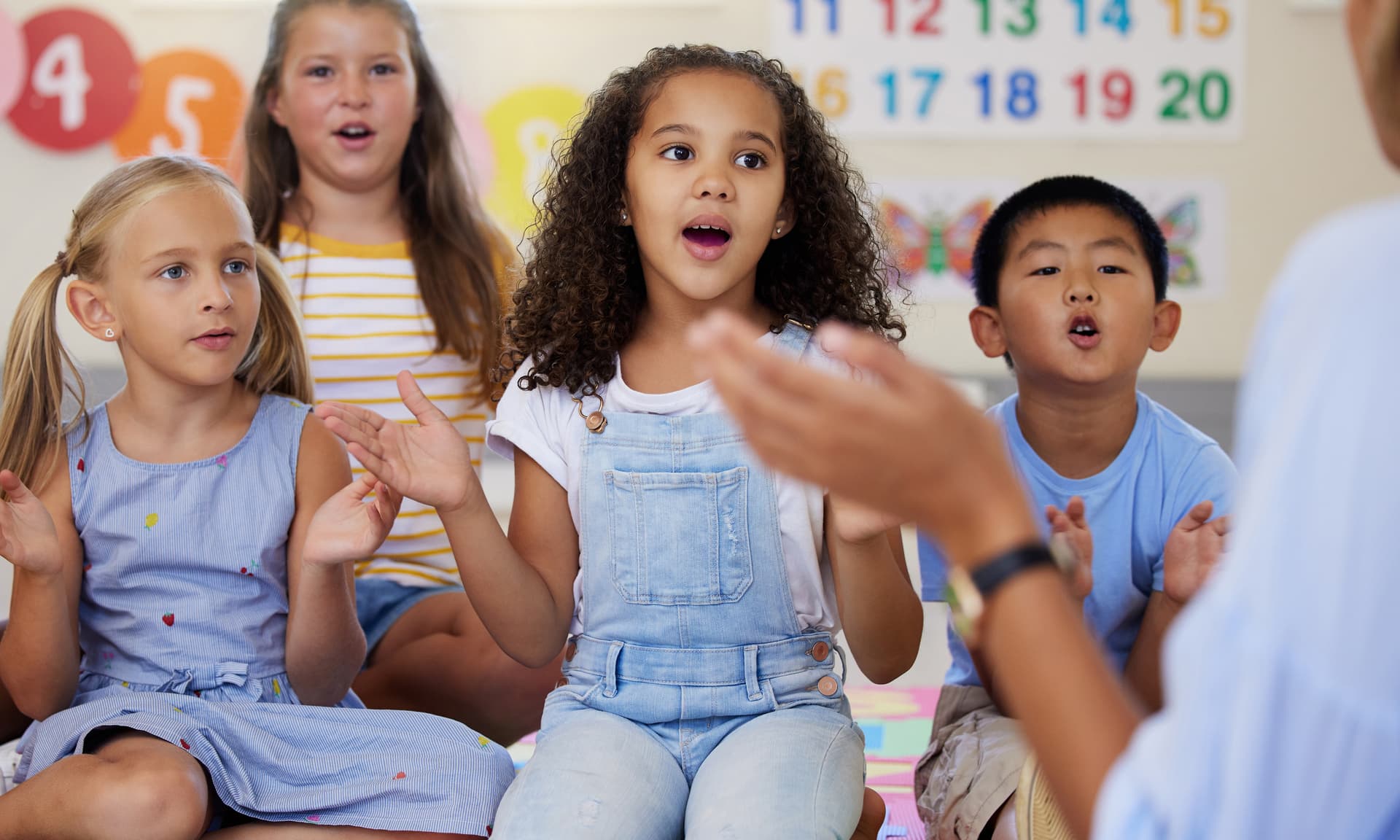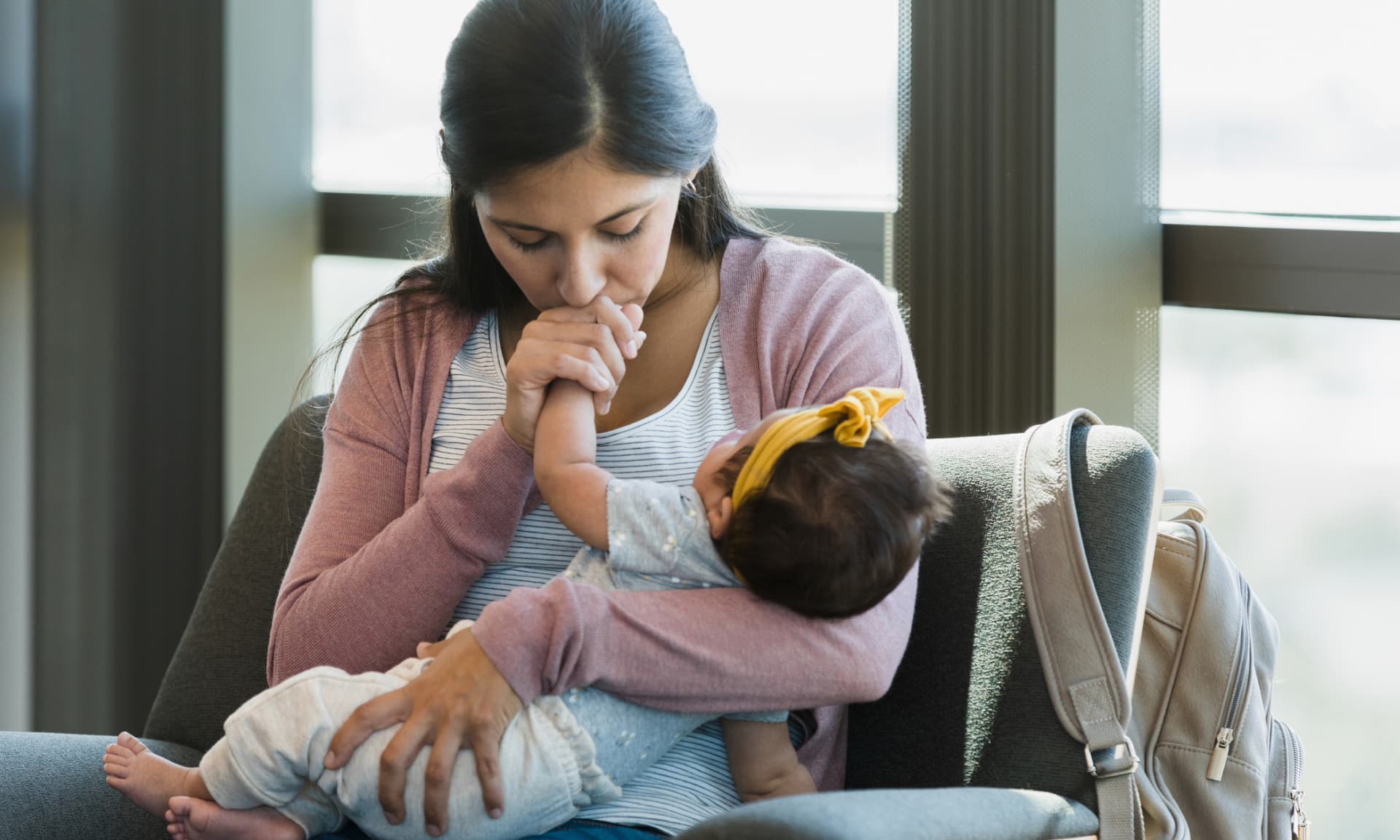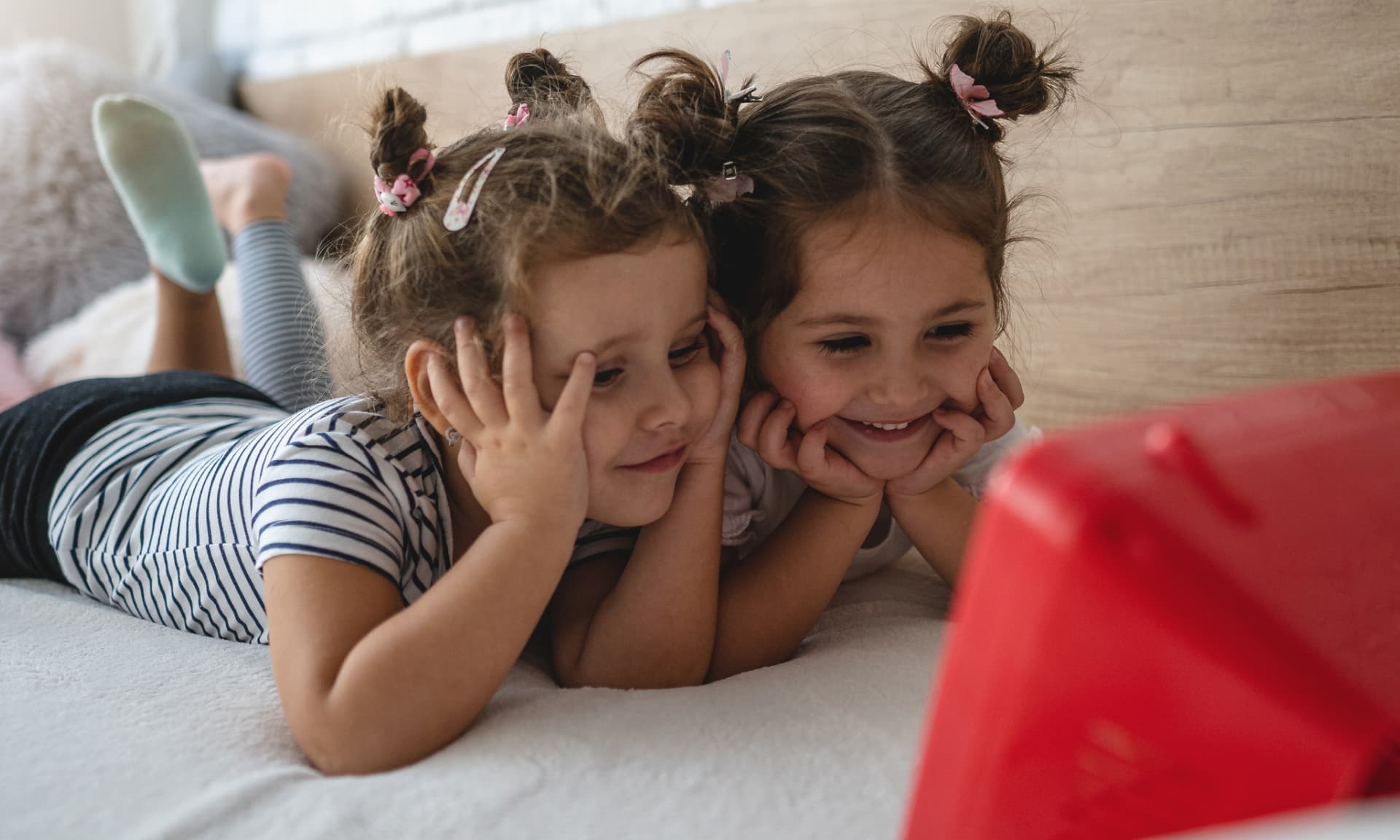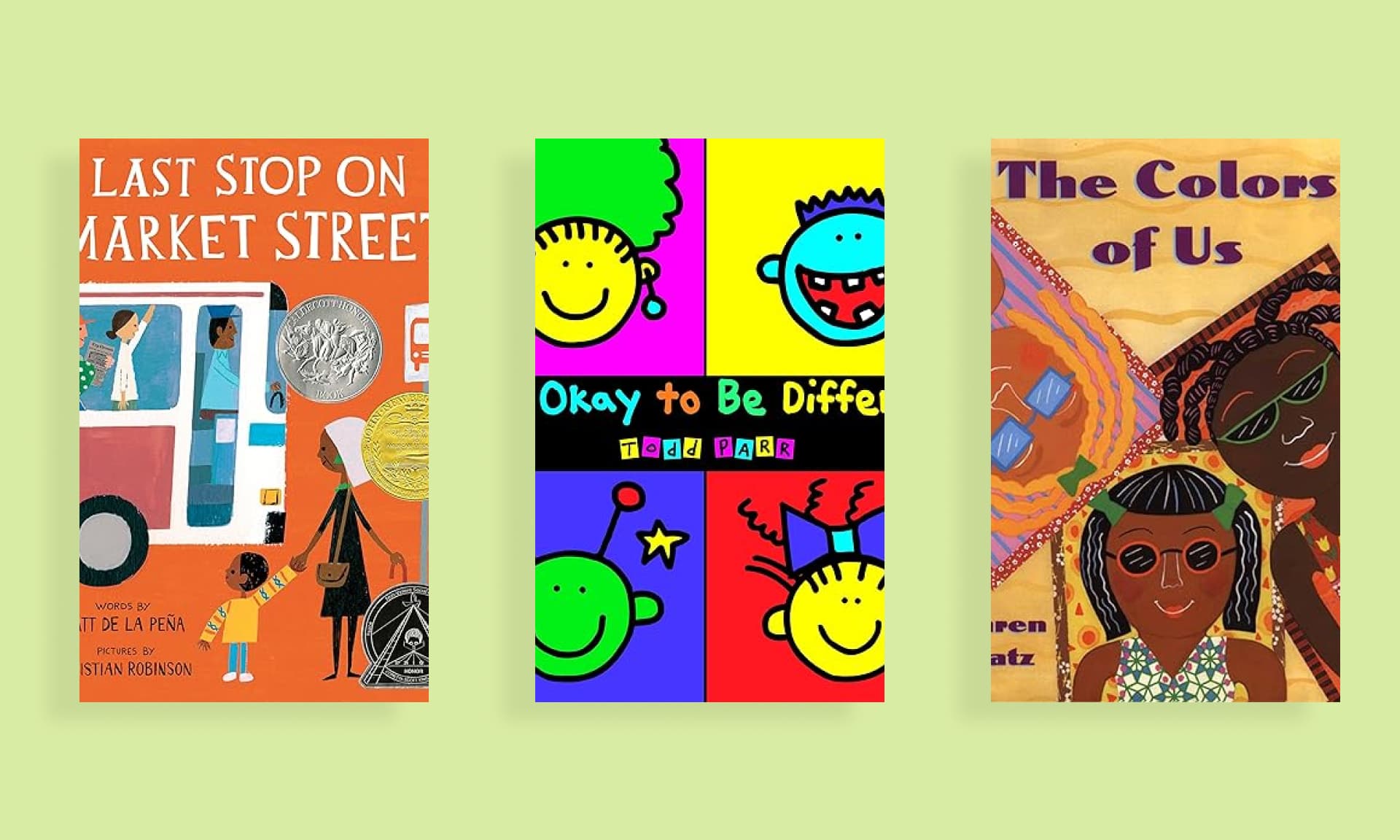we have to talk about

The latest in parenting news, tips, and trends:
Why seeing Black Santa is helping boost kids’ self-esteem. Repeat after us: Representation matters.
What's giving peace of mind: New IVF testing tech and an AI tool to navigate paid family leave in NY. Just waiting for the childcare robots.
How famous moms are showing us the benefits of ‘benign neglect,’ what gentle parenting looks like, and how to raise better boys. Thanks, Beyoncé.
The case for ‘alloparents.’ Humans weren’t made to take care of kids alone. It’s science.
How Elmo is helping kids understand addiction. Extra important, as more than 4% of US kids live with a parent who has used opioids in the past year.
ask an expert

Last week, we asked you to vote on a question to answer. The winner was:
What are the signs of ADHD in preschoolers?
FEATURED EXPERT:

Marcy Burstein, PhD
Licensed clinical psychologist and the lead for the Child and Adolescent Psychosocial Interventions Research Program at the National Institute of Mental Health
“If you’re concerned that your child may have ADHD, it can be helpful to talk with their daycare or preschool teacher, and if possible, observe them with their peers. This can put your child’s behavior in context and help you understand how [it] compares to the behavior of other children their age,” says Burstein.
Typical behaviors — like fidgeting, difficulty waiting their turn, and not seeming to listen — overlap with symptoms of ADHD. But these are some of the behaviors Burstein says could indicate an eval is needed:
Getting into trouble more often than their peers
Having difficulty during group activities (like group games or circle time)
Struggling to play well with kids or becoming aggressive during play
Having trouble following simple two-step instructions (ex: wash your hands and get a snack)
Experiencing more frequent accidental injuries than others their age
Remember: “Although behavior that’s developmentally appropriate among many preschoolers can sometimes look like ADHD, symptoms must be more severe than what you would expect for a preschool-aged child, and more persistent, lasting at least six months, to meet criteria for a diagnosis. They must also cause impairment, meaning they disrupt your child’s social and academic life,” Burstein says.
self-help

Parent-centered advice, recs, and resources.
No, It's Not Just You. Weaning Is Mentally and Physically Hard
Weaning your child from breastfeeding can feel like the end of a magical era, a treacherous one, or both. The good news: It’s all completely normal, says Dr. Devon Kuehn, MD, the chief medical officer at ByHeart and a former neonatologist. When you wean, your breastfeeding hormones (hi, prolactin and oxytocin) start to decrease, leading to potential mood swings and sadness. Oh, and your breast size could fluctuate, depending on your age and genetics. So fun 🙄.
Here’s how to cope:
Ease into it: Slowly reduce how often you breastfeed so your body and hormones can adjust. One option: try combo feeding.
Grieve if you need to: Weaning is a moment of transition in parenthood, and it’s common to experience a range of emotions (including depression). Dr. Kuehn recommends speaking with a health care provider or other moms with similar experiences for extra support. Expressing that grief with someone you trust can also help.
Be kind to yourself: Weaning can cause body changes (like potential weight gain), and it can take some time for you to feel comfortable in your new body. Focus on moving your body, sleep, and activities that reduce stress (like taking a bath or reading a book).
Focus on the positives: Weaning can allow you to have time for yourself and pick up activities (like going for a walk) that might have been put on hold. Another plus: Weaning allows other caretakers to have meaningful feeding experiences with the baby.
research says

When It Comes to Screen Time, Focus on Content
Many studies will tell you that screen time affects kids' mental health — this one included. But these researchers also found that what kids watch can impact their mental health.
Researchers looked at nearly 16,000 kids aged 3–6 in China and found that those exposed to more educational programs (like Sesame Street) had a lower risk for mental health problems (like hyperactivity, depressive, anxiety, or conduct disorders), but children exposed to shows not intended for kids were associated with a higher risk for such problems.
Bottom line: If you let your kids have screen time, try to expose them to educational programming (consider PBS Kids or Bluey). And yes, limiting the total time spent is still a good idea.
the resource

Since it's gift-giving season, here are our recs for littles this year.
Our Favorite Children's Books That Celebrate Our Differences
When it comes to finding books about diversity, it can be hard to know where to start. Here are some parent and teacher favorites, great for kids 2–5 years old:
“Last Stop on Market Street”: This award-winning story follows a boy and his grandmother’s journey to a soup kitchen. It touches on kindness, empathy, homelessness, disabilities, gratitude, and finding joy in unexpected places.
“It’s Okay to Be Different”: This book is a great way to talk about adoption, disabilities, and self-acceptance. It has bright, bold colors, and whimsical characters that have missing teeth, glasses, long noses, and more.
“The Colors of Us”: This highly-rated book celebrates different skin colors. The story follows a little girl who wants to use the color brown to paint herself, but when she and her mom take a walk through the neighborhood, she learns that brown comes in many shades.
relatable
“The DIME game.”
— What people pleasers can use to help them deal with conflict. Filing away for when my MIL's in town.
Design: theSkimm | Photos: iStock and Amazon
Products you buy through our links may earn us a commission.
*PS: This is a sponsored post.
Live Smarter
Sign up for the Daily Skimm email newsletter. Delivered to your inbox every morning and prepares you for your day in minutes.